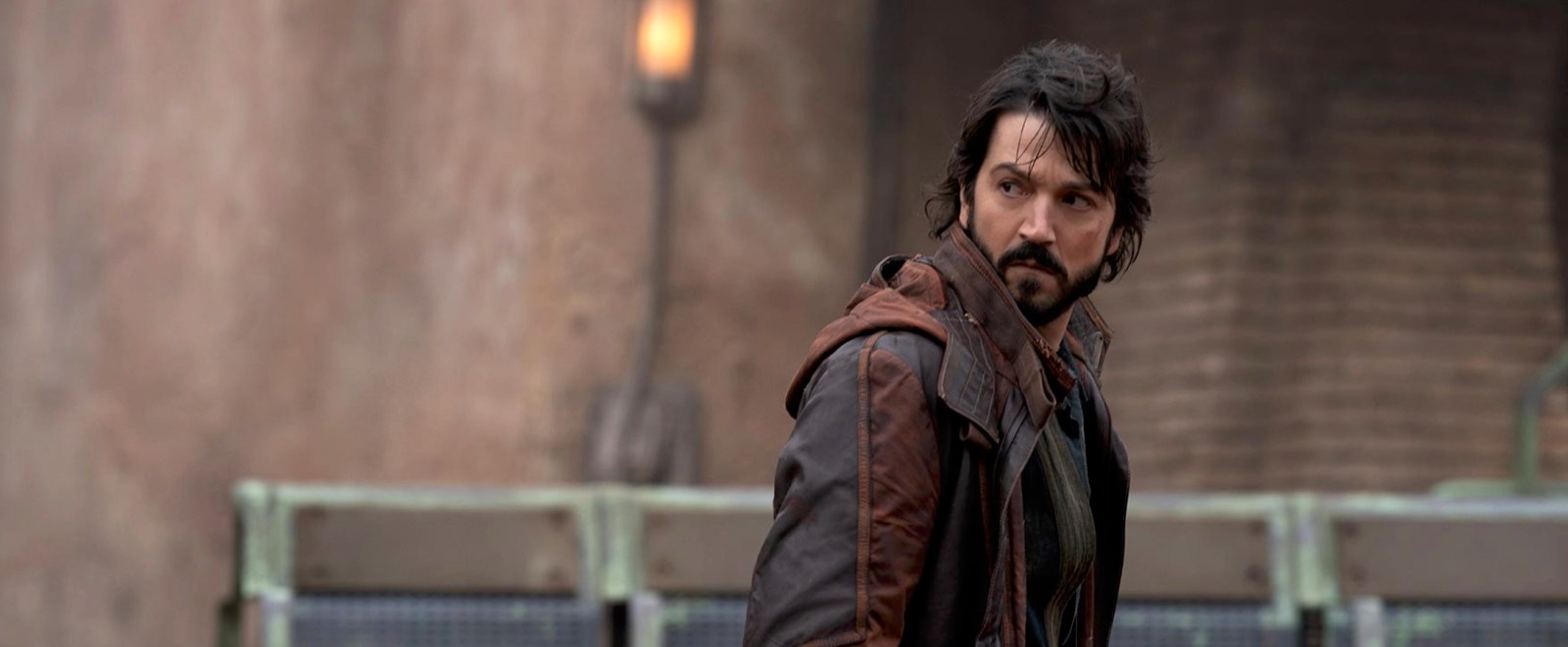
Television shows rarely know when they will end. Historically, the only television shows that are in control of when they will end are the popular, award-winning ones like Seinfeld or Game of Thrones (and in some cases, these shows must go on longer than desired). It’s even rarer for a television show to end itself after only two seasons by choice because shows that end at season two are usually canceled. The exception is Andor, the best television show of the year. The first season of Andor, the Disney+ Star Wars show that is so much better than all of the others that it is embarrassing (all respect to Grogu) is the first of only two seasons. The show’s success is partly (okay, mostly) because it knows the end is happening sooner rather than later, and every frame has a purpose.
Andor’s limited run (two seasons with twelve episodes) was designed in a finite, condensed way so that everyone involved from writers to designers to actors would not have to devote half a decade or more of their lives to it. Diego Luna would not have to play a character he played in 2016 but years younger despite being years older longer than he wanted to or needed to, and Tony Gilroy, a busy guy who is behind some of the best films of the 21st century like Michael Clayton, wouldn’t be stuck in a Star Wars funk, unable to put his energy into other projects. Andor’s two-season run also makes it possible for extraordinary actors such as Stellan Skarsgård, Genevieve O’Reilly, Andy Serkis, and an impressive roster of Britain’s most talented theater actors to participate without making major sacrifices to their careers.
Time is always running out on Andor, but the show still takes its time to focus and uses its Mad Men-like short stories within a whole structure to do so. First, it focused on Cassian’s backstory. Then it focused on the team of rebels Cassian works with on an Empire heist. Then it focuses on the Imperial prison Cassian is trapped in. Along the way, it indulges in the culture of different planets in the Star Wars universe and establishes characters we may never see again, all while moving the story forward in a tight, cohesive way. The season, and its near-perfect season finale that brings all the necessary storylines together, would not be as successful if the end weren’t in sight. Andor’s end is so close that every single frame has to matter and build to something.
In the peak TV era, it is more common for a series to go on and on and on, even when it had no intention of doing so (Big Little Lies, The Flight Attendant to unsuccessful degrees, The White Lotus to a successful degree). As much as I – and the other twelve people who watch Andor – would like to see Tony Gilroy’s Star Wars indefinitely, its finality and focus make it so unique. Even if Andor wanted to include a Skywalker or two, or a little gratuitous scene with Emperor Palpatine or Darth Vader (it would never, by the way), there isn’t time. More shows should confidently be just two seasons to save everyone – especially the consumers of television – some time.
